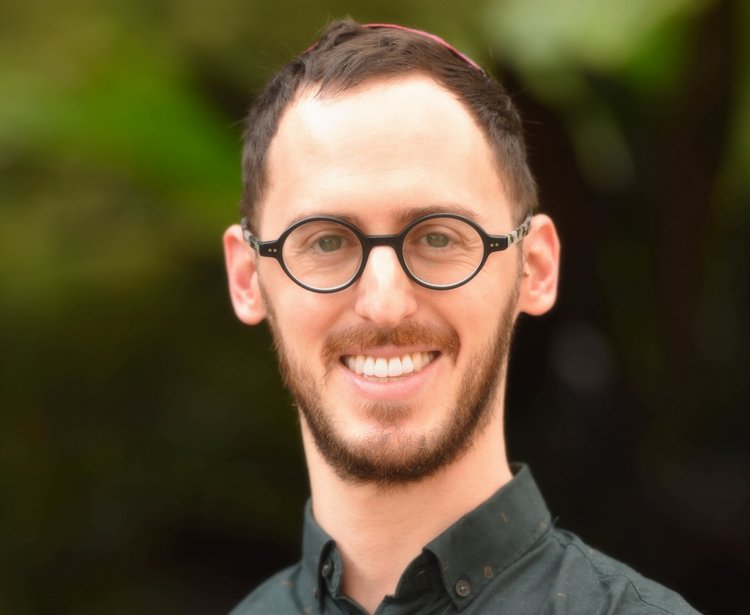How do we cultivate the resilience to rebound from mass shootings and incarcerations? Rabbi Adam Lavitt offers some advice from the Book of Psalms in his piece.
On Tisha B’Av we commemorate the destruction of the First and Second Temples in Jerusalem. These events are so fundamental that the rabbis decree we not only mourn the destruction of our ancestors’ spiritual home, but every other major catastrophe that has faced our people since. The book of Lamentations (Eicha), read in many synagogues on Tisha B’Av, depicts ancient Jerusalem betrayed and mocked by its neighbors as parents turn against children, neighbor against neighbor.
As we retell the violence that tore apart our ancestors’ sacred centers, we confront our own fear of losing what is dear to us. Fear of losing our sense of safety as the total number of mass shootings in America so far this year rises to 251; fear of losing the foundations of our democracy as families seek asylum from violence only to find themselves imprisoned within the borders of what was once a beacon of safety and freedom; fear of losing people we care about or of our own well-being.
The Psalmist knows these kinds of pain and suffering intimately. Throughout the Psalms (Tehillim), we find vivid descriptions of betrayal, being surrounded by enemies, facing loss alone, feeling abandoned by God. But despite the incredible suffering he has endured, the Psalmist makes a radical claim. He says: min hameitzar karati Yah, anani b’merkhav Yah—“from the meitzar (“narrow place” or tza’ar–tzuris, “suffering”), I call out to God, and God answers me with merkhav, with “spaciousness.”
The very depth of brokenness can become a gateway to newfound wholeness. This line speaks of the resilience we access when we embrace life’s messiness. It suggests that, as we accept the “both and” nature of life, we gain a larger perspective. When we turn towards the challenging experiences we face, rather than try to avoid them, we may find that they open us up to something larger than ourselves.
Min hameitzar karati Yah, anani b’merkhav Yah.
In these words, our people’s story becomes not just one of oppression or of freedom, but a continuous dance between meitzar (the narrow place) and merkhav (a sense of spaciousness). It invites us, when we feel powerless, to connect with the merkhav—a sense of wholeness and possibility beyond what we can imagine at this moment. The possibility of redemption, of a second chance, of discovering a small sliver of hope in an otherwise desperate situation.
Perhaps the headlines jolt us into action by writing to our senators or participating in a protest outside of a detention center, or offering financial support to organizations that are working to uphold our fragile democracy. Perhaps our own health challenges prompt us to become more patient with ourselves and more compassionate towards others who are carrying their sufferings in ways we might not be able to see.
This Tisha B’Av, may we find strength in the highs and lows, the sorrow and joy found in the stories and poems of our ancestors. May they remind us, at every moment, that we are both free and oppressed, in exile and at home, redeemed and still yearning for redemption. Through each moment of our lives, whether pleasant or unpleasant, may we find the courage to turn towards our experience and through it connect with the Giver of Hope, the Creator of Possibilities.







